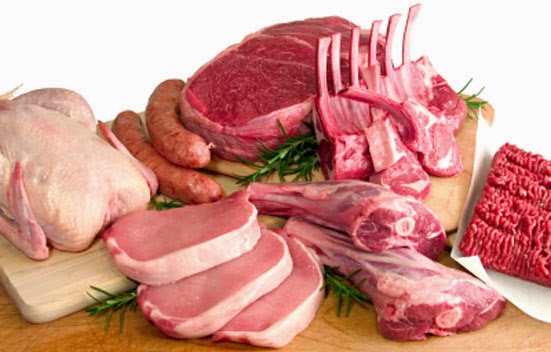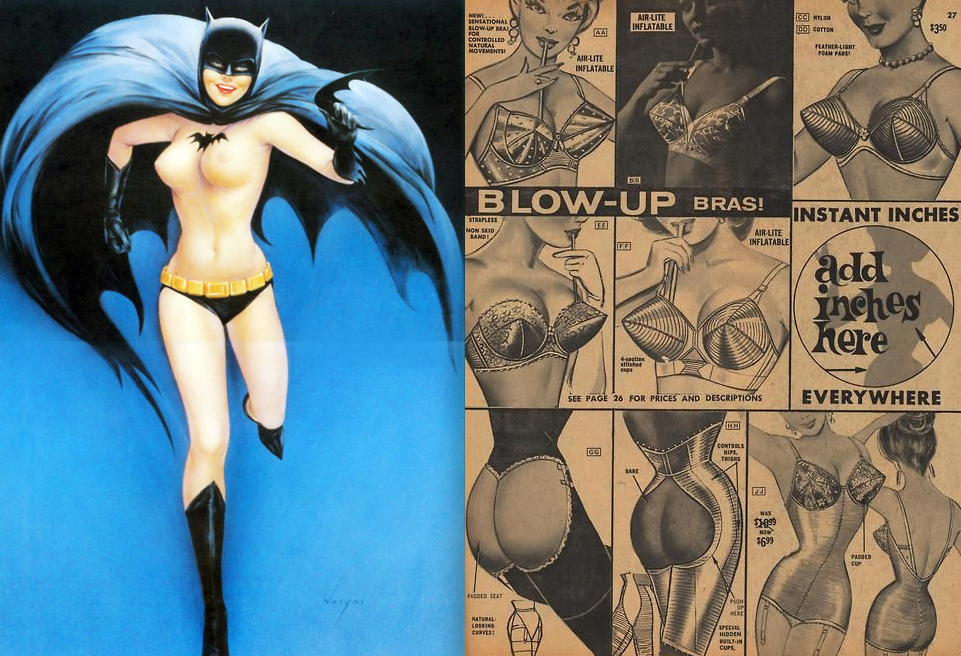If the roar of the Mig, screaming out of
the Grecian sun wasn't alarming enough, our hitherto unflappable Turkish
Captain, waving his arms and bellowing for my mother to come forward left
little doubt that something may have gone seriously awry. The jet, so close
that the pilot was plainly visible from the deck where we all stood - mouths
agape, hearts pounding - had come out of
nowhere for a closer look at my brother, who'd gotten about two hundred yards
into what he may have imagined would be a peaceful yet vigorous and beneficial
row in the gulet's tender. As my mother had made the effort to pore over the
Turkish – English phrase-book relentlessly since we'd left Bodrum some four
days earlier, she was the one standing before the now apoplectic skipper as he
dished up a torrent of spicy Turkish, gesticulating wildly toward the tiny
row-boat afloat upon the placid Aegean as the fighter banked for another pass.
Given that he'd chartered this massive,
wooden sailboat and crew of three for a ten day cruise along the Turkish coast,
my father felt entirely justified in telling the Captain where he ought to go.
This was evidently not the way the Captain saw things, and Dad's meticulously
high-lighted routes, plotted over weeks of study on a series of obscure
nautical charts, were summarily dismissed by the man at the helm. Where the
Captain's English seemed to consist solely of the word “No”, Dad could muster
little in Turkish beyond “Thank you very much”, and this was a phrase that
clearly had no viable context in their heated discussions regarding ports of
call. And so the role of interpreter fell to Mom, based on her fluency in
French, her familiarity with the hopelessly inadequate phrase-book, and an
overwhelming desire as a traveler to make every attempt, as a matter of basic
courtesy, to converse in the local language.
Eventually these problems resolved
with Mom laboriously transcribing my father's demands on one cocktail napkin
and the Captain handing her his terse response on another. This entire
translatory process might have taken my mother several hours to complete and,
if we never had a clear picture of what she'd actually said to the
Captain, it hardly mattered as the event would have passed and the man had
maintained his course throughout.
After a few more passes, during which we all
leaned over the rail waving our arms hysterically and exhorting my brother to
“Row! Faster!!”, the fighter jet peeled off to the West, apparently satisfied
that we meant no harm. In the aftermath of all that excitement, Dad approached
the Captain and, with uncharacteristic humility, trotted out his one phrase.
“Cok tesekkur ederim,” he said, presumably for not allowing my brother to be
blown out of the water. On the night before we disembarked, while my father and
the Captain arranged the bottles of Johnny Walker and cartons of Marlboros
required for a smoother passage through Greek customs, Vesil, our timid “second
mate”, indicated to Mom that he'd like to borrow the phrase-book. After several
hours holed up in the crew's cramped and fetid quarters before the mast, Vesil
came aft and proffered a smudged and wrinkled napkin upon which he had
scrawled, “Tomorrow. Farewell day. Anxiety!” By which we think he meant to say
that he'd miss us when we'd gone. Tender and heartfelt as this missive may have
been, it gave us all the giggles and shed some light on what sort of blathering
nonsense we'd been passing back and forth between my father and the Captain
those last, long ten days.




























